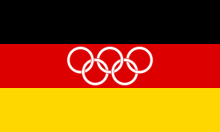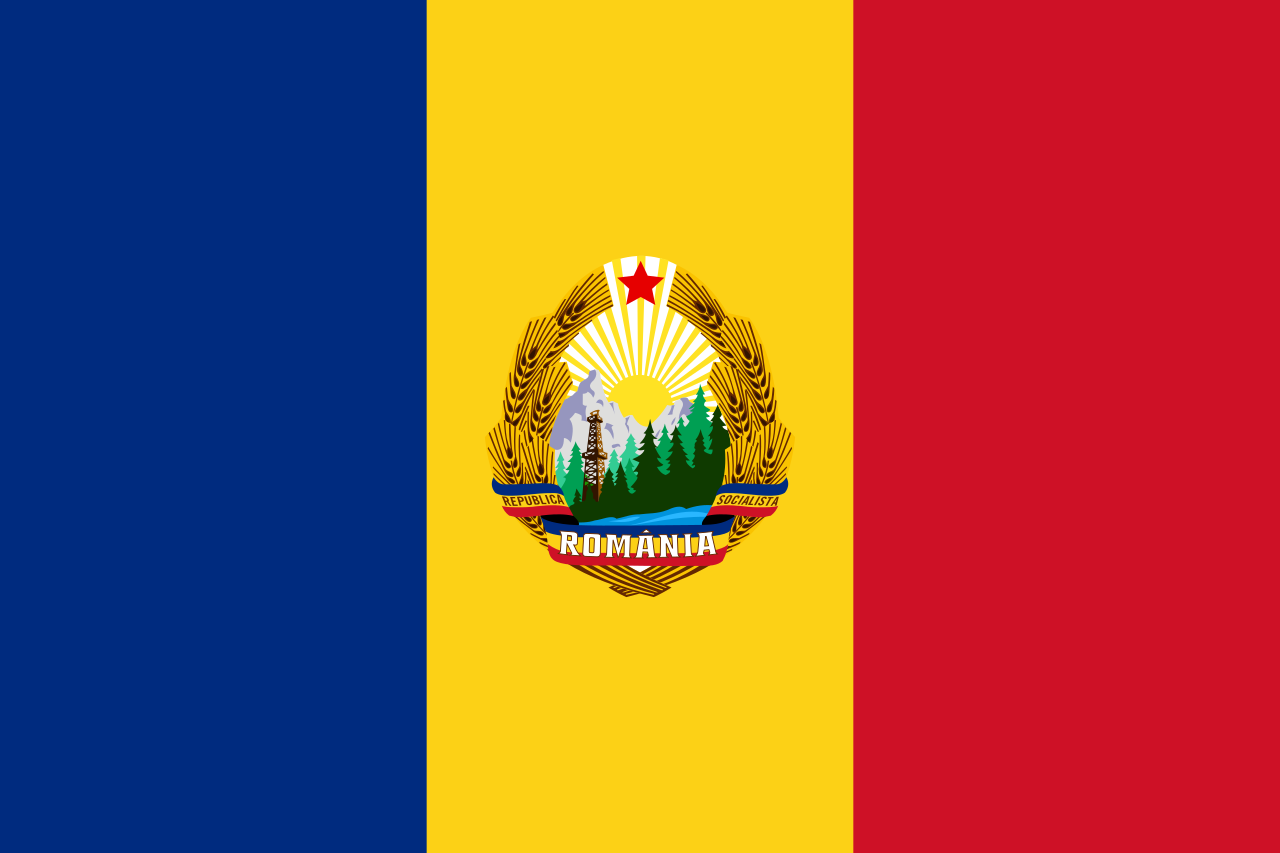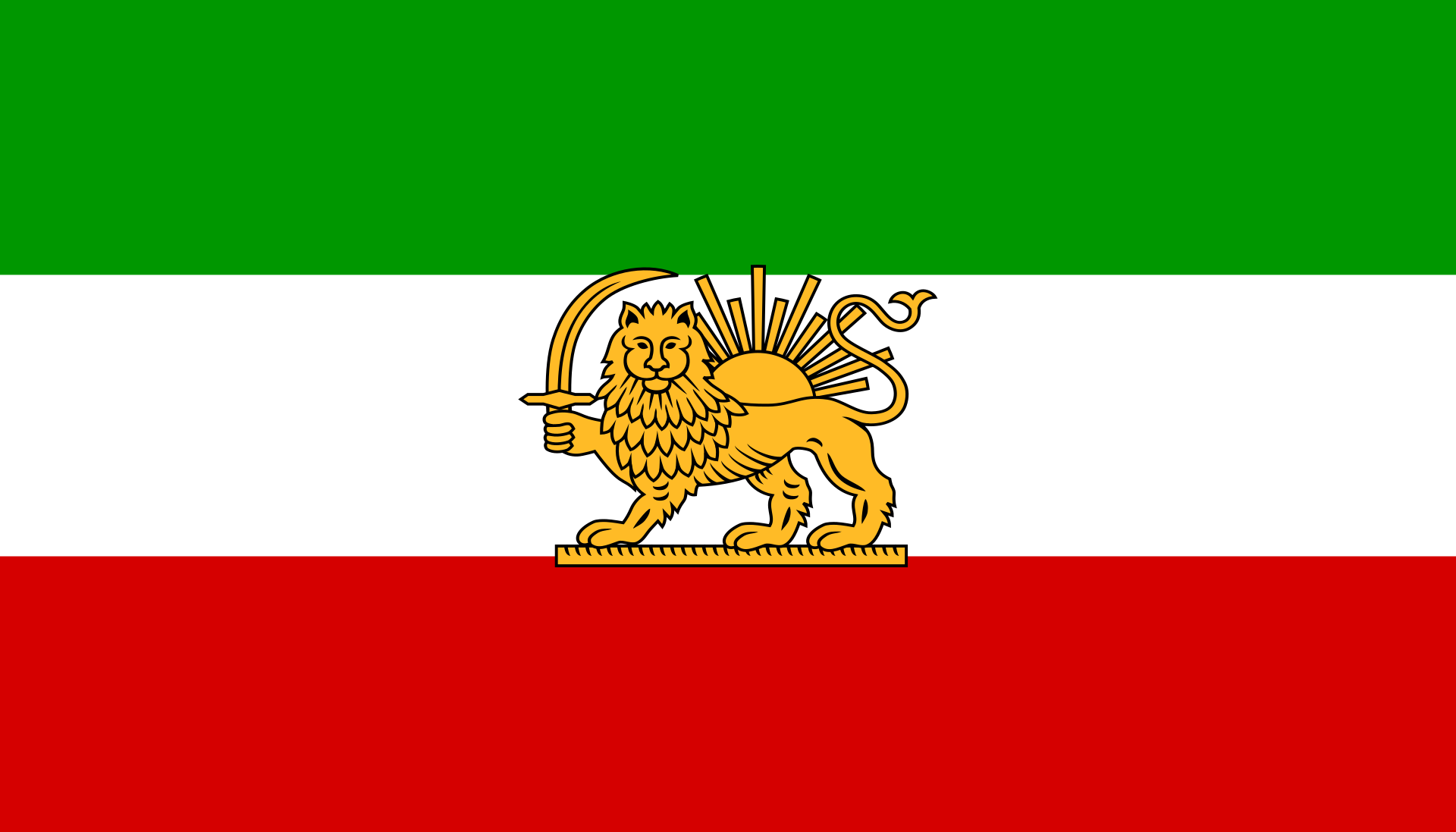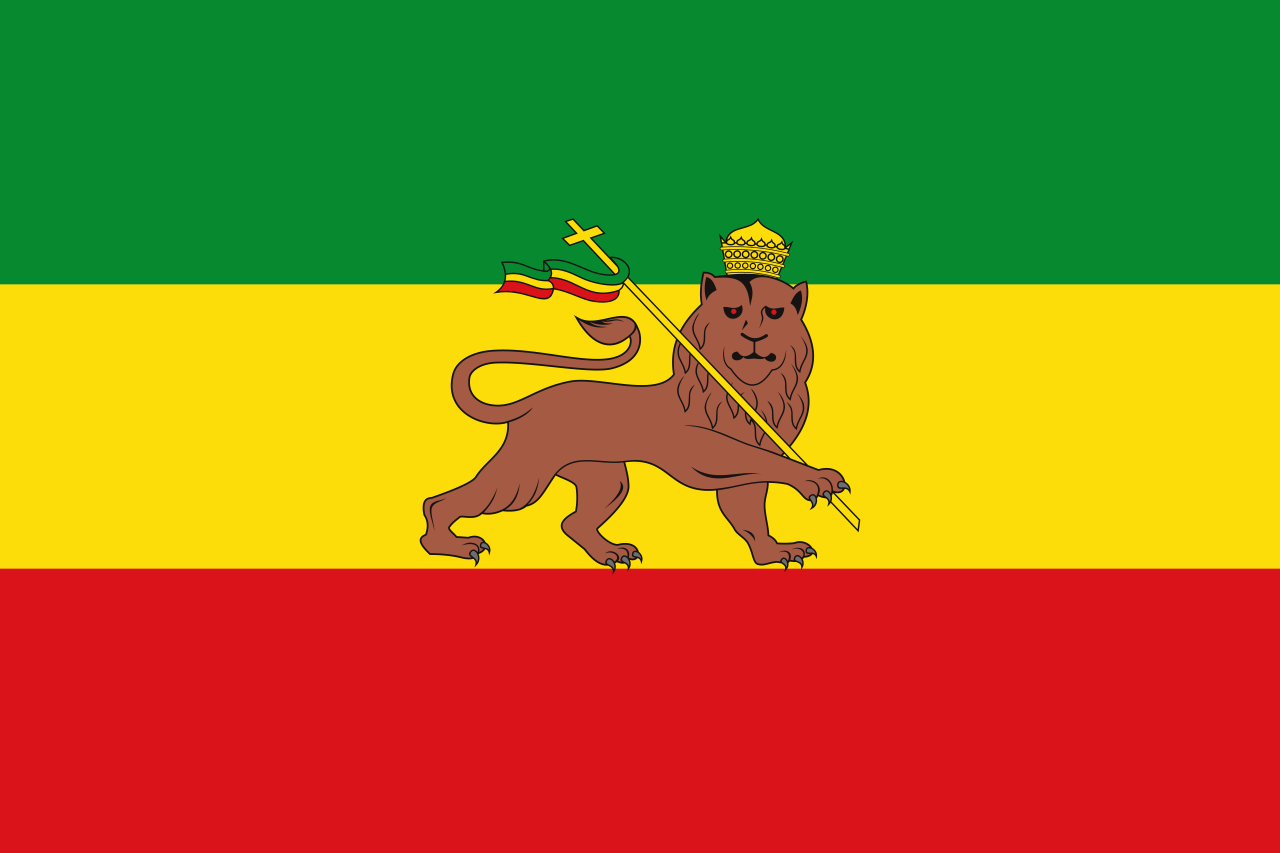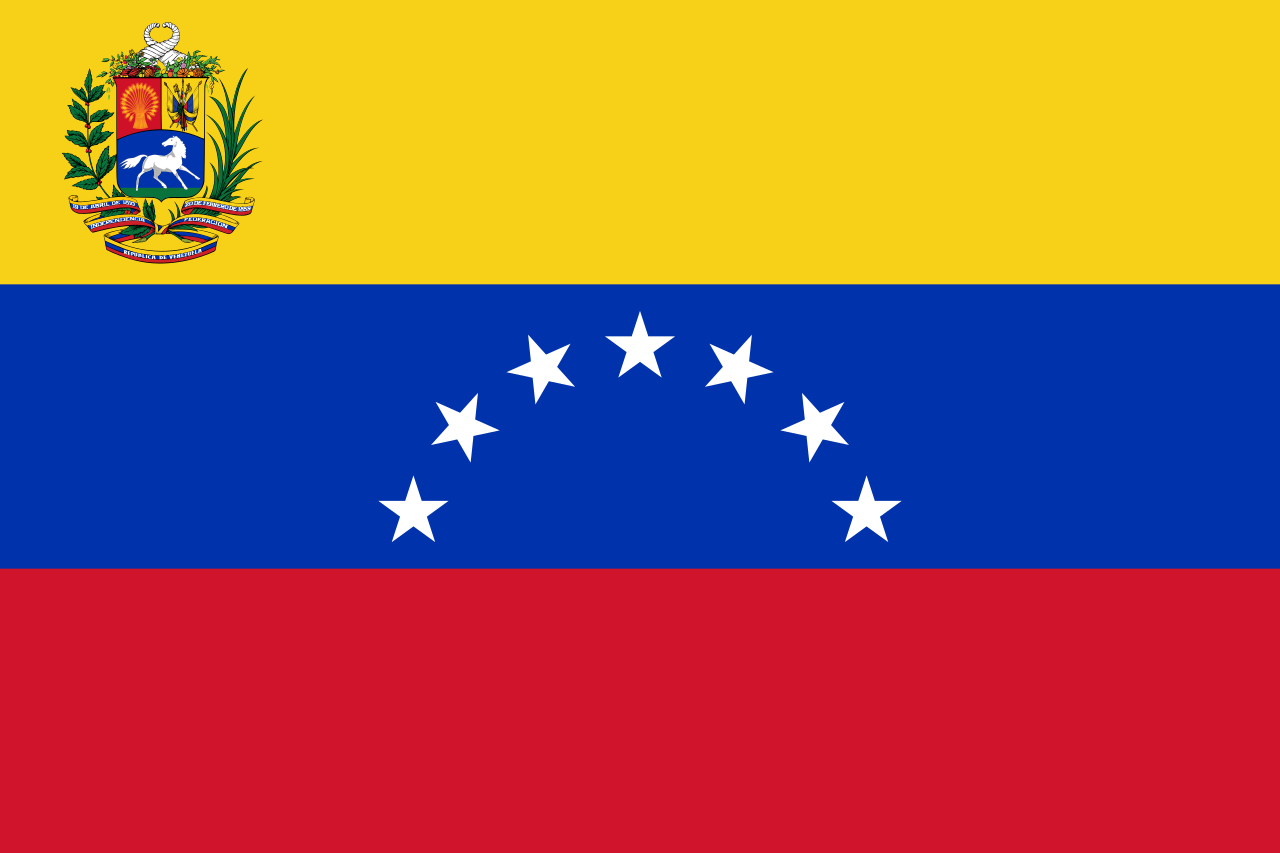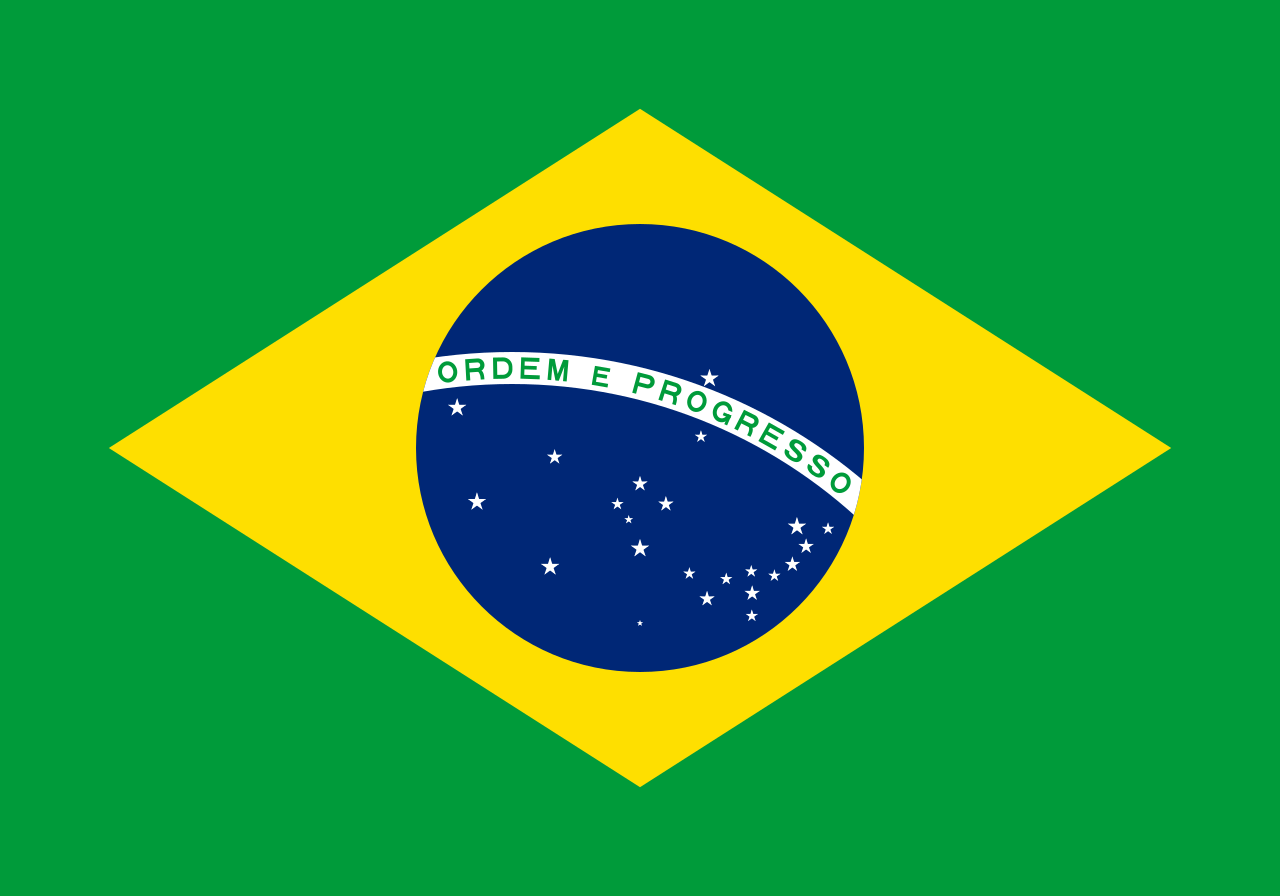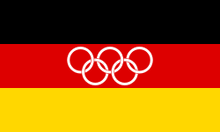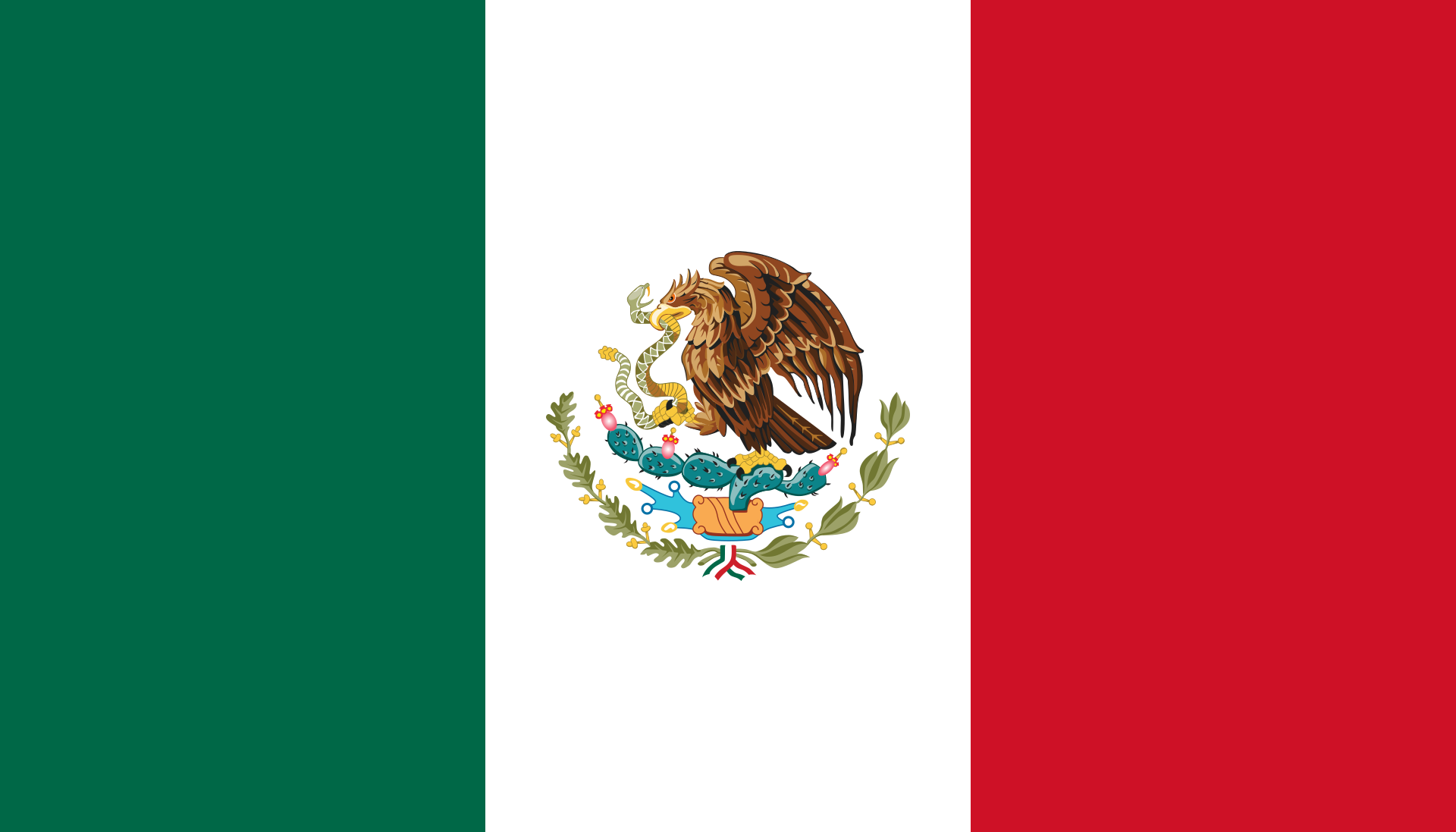
19. Olympic Summer Games
Olympic Medals in the games of 1968 in Mexiko City
527 Medals in 20 Sports in 172 Events
Since the summer in Mexico City is unbearably hot, the games were moved to autumn and took place from October 12th to 27th. The location of the city at 2,300 m above sea level brought advantages for fast-paced sports such as sprinting, jumping, throwing and disadvantages for endurance sports. 17 world records were set in athletics. The absolute highlight was the men's long jump competition. The world record was before the games at 8.35m. First round: the first three jumpers had exceeded. Fourth, the American Robert "Bob" Beamon hit the jump bar, jumped unusually high in the air, took legs and torso very far forward and landed far beyond the automatic measuring system, which was designed up to 8.60m. After a startling moment by the judges and finding that the automatic measuring system was unusable for this jump, they got the good old steel measuring tape. They couldn't believe what they were reading, so measurements were taken and checked several times. The result was always the same, so in the end an incredible number appeared on the scoreboard: 8.90m! Beamon had improved the world record by 55cm! A record of the century! But that was not the case. In 1991 at the World Athletics Championships in Tokyo, the American Mike Powell improved the world record to 8.95m. But Bob Beamon still holds two records today: the Olympic record and an improvement in the long jump world record by 55cm will never be again! The Mexico City Summer Games are inextricably linked to Beamons' long jump.
There was groundbreaking news in athletics: The American Richard "Dick" Fosbury amazed with a new technique in jumping. He started, made a half turn in the jump and crossed the crossbar with his back first. At first everyone believed that he was having fun, but when he jumped higher and higher the laughter changed to incredulous amazement at the start of the competition. Rule experts found no reason to ban this jumping style. He won a new 2.24m Olympic record. In 1980 the last high jumpers gave up the "Straddle" jumping style and the "Fosbury Flop" prevailed in top-class sport.
In the 1960s, the black population of the United States was repeatedly harassed, injured or even murdered by white racists. The authorities mostly did little to nothing. The black US sprinter Tommie Smith won the 200m with a new world record in 19.83 seconds, his black compatriot John Carlos finished third. During the award ceremony, they bowed their heads and stretched out one arm, one fist in a black glove. Smith also wore a black bandana as a sign of black pride. With this action they wanted to draw attention to the lynched black Americas. IOC President Avery Brundage, a white American who had approved of the Nazi games in 1936, ordered that both be removed from the team and sent home. When Team USA refused, Brundage threatened to ban the entire US athletics team. Smith and Carlos were excluded. Years later they were honored and recognized for their courage.
South Africa was excluded because of apartheid, Rhodesia because of its declaration of independence from Great Britain. The two German states competed in separate teams, but still under the German flag with the white Olympic rings and different anthems.
Doping tests were carried out for the first time. Doping was convicted and sanctions threatened. Anabolic steroids were not detectable at the time. 667 tests were carried out, only one case of alcohol consumption could be proven. It can be assumed that a large number of athletes were doped and that state doping was always several steps ahead of the doping hunters. In addition to doping controls, gender controls were also carried out on female athletes to prevent the participation of hermaphrodites.


